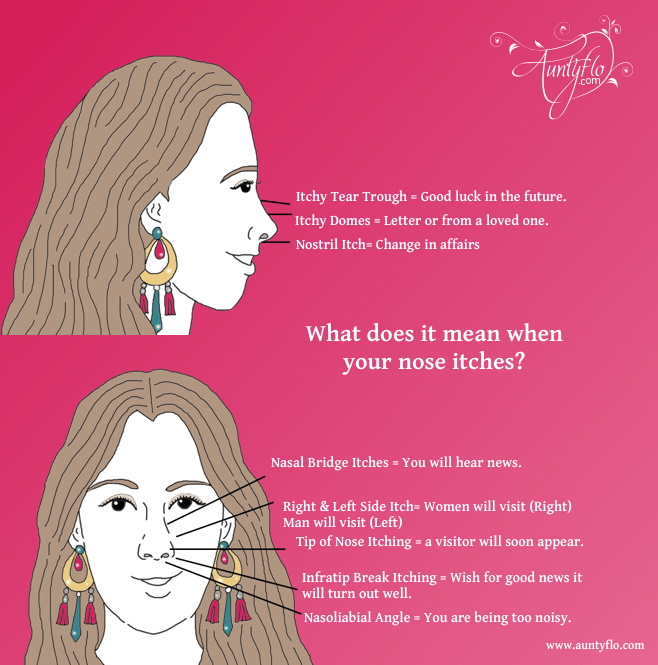
They solicit a demonstration of their elders’ superiority and self control, whilst at the same time they show their acceptance and submission. Wolf cubs and puppies often invite the alpha male (leader of the pack) as well as other adults to grab them by the muzzle. Over time, this behavior pattern assumes variations. Previously, it was assumed that the mother needed to pin the puppy to the ground, but this is not the case as most puppies submit voluntarily. Later on, when grabbed by the muzzle, the puppy immediately shows passive submission (lies down with its belly up). At first, their mother's behavior frightens them and they may whimper excessively, even if the mother has not harmed them in any way. In domestic dogs, when the puppies are five to seven weeks old, their mother muzzle grabs them regularly. As it proved beneficial to all concerned, it became a factor for natural selection and spread from generation to generation, evolving in the same way as any other trait that increases the fitness of an individual. The muzzle grab behavior probably originated as both a form of maternal (paternal) behavior and as a play behavior amongst cubs (pups). Lower ranking wolves and dogs invite muzzle grabbing behavior in order to confirm their acceptance of their social position and to reassure themselves that they are still accepted. Higher ranking wolves and dogs muzzle grab their pack members (team mates) and by doing so confirm their rank and display self control. However, the participants very seldom get hurt, an occurrence that would counteract the function of the behavior itself.Ī muzzle grab requires self control. When used as a means of settling a dispute, a muzzle grab looks more violent and normally ends with the muzzle-grabbed individual showing passive submissive behavior. This behavior helps develop a relationship of trust between both parties: "We don't hurt one another." A muzzle grab, therefore does not involve biting, just grabbing. If they bite their opponent too hard, they will elicit a fight and will get hurt. Cubs and pups also learn the importance of bite inhibition when showing muzzle grab. They probably learn through play that the muzzle grab is a good way of stopping an opponent from doing something. Cubs and pups also muzzle grab one another during play, typically between six and nine weeks of age. Canine mothers muzzle grab their puppies (sometimes accompanied by a growl) to deter them from suckling during weaning. The muzzle grab behavior emerges early on. This behavior appears to be reassuring for them, a means of saying, "I'm still your cub (pup)." Youngsters, cubs and pups sometimes solicit adults to muzzle grab them.

Even though we sometimes see this behavior at the end of a dispute, wolves and dogs only use it toward individuals they know well (pack members) almost as way of saying "You're still a cub (pup)." The dispute itself does not tend to be serious, just a low-key challenge, normally over access to a particular resource. On the contrary, it is often the more insecure individual that shows submissive behavior by literally inviting its opponent to muzzle grab it. The more insecure individual does not resist the muzzle grab. The more self-confident individual will muzzle grab a more insecure opponent and thus assert its social position. The function of this behavior is to confirm a relationship rather than to settle a dispute.


wolves ( Canis lupus lupus), dingoes ( Canis lupus dingo), and dogs ( Canis lupus familiaris). The band went on to perform "Muzzle" for their next television appearance on Late Night with Conan O'Brien with replacement drummer, Matt Walker.A "Muzzle grab" (as shown in this photo of Marco de Kloet) is a common behavior shown by social canines, e.g. There was a rumor that a music video was actually filmed for "Muzzle" with drummer Jimmy Chamberlin, but was never released. However, the song " Thirty-Three" was released as the fifth and final single instead. It was rumored to be the Smashing Pumpkins’ fifth and final single from this album, as is evidenced by the fact that a promotional single for the song was issued to radio stations worldwide. It was one of the last songs written by Billy Corgan for Mellon Collie, with the song's lyrics referring to what Corgan thought the public's perception was of him at the time. " Muzzle" is a song by American alternative rock band the Smashing Pumpkins from their third album, Mellon Collie and the Infinite Sadness. Promotional single by the Smashing Pumpkinsįrom the album Mellon Collie and the Infinite Sadness 1996 promotional single by the Smashing Pumpkins "Muzzle"


 0 kommentar(er)
0 kommentar(er)
